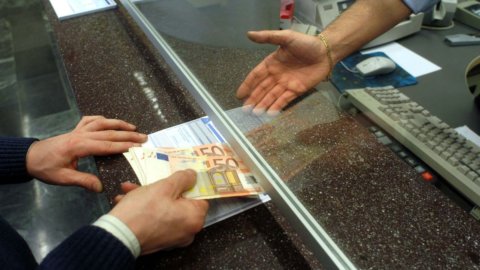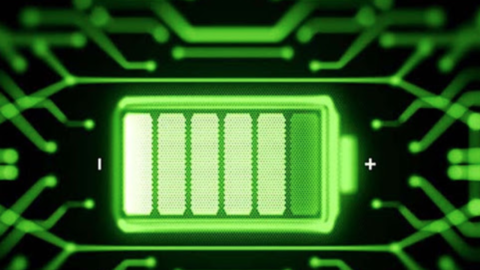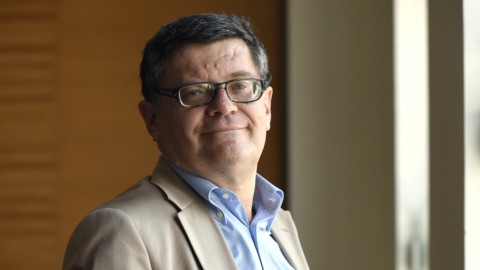Useless for the state, harmful to businesses and consumers in terms of costs. So the electricity utilities reject the government's idea to transfer the Rai license fee in the bill. A proposal initially conceived to fall under the new Stability law, then shelved "but not dead at all, only postponed to other measures", as underlined this morning by Chicco Testa, president of Assoelettrica, during a press conference organized in Rome together with Aiget, Energia concorrente, FederUtility and Anigas. Theirs is a common request: "Bills must not become vehicles for the collection of taxes that have nothing to do with the service we offer".
The associations, which together represent all 272 electricity sellers in Italy, list five reasons to support this thesis.
1) MORE EXPENSIVE BILL
With the addition of the fee, management and collection costs would increase for businesses. Not only that: in addition to the arrears on electricity bills, companies should also manage that linked to the fee, now estimated at around 540 million euros a year (27%). All this would lead "to the introduction of further costs and additional risks for electricity sellers - argue the associations - which inevitably could not fail to be reflected in the bills". This would risk canceling the savings produced by the reduction in the fee (today at 113,50 euros) promised by the Government.
2) THE MARKET IS OPEN: WHO'S TO COLLECT?
The second problem has to do with the very nature of the electricity market, which was liberalized in 2007 and today has hundreds of private operators. Customers can freely change supplier, even several times in the course of a year, and this - according to the companies - would cause insurmountable problems in managing the fee.
3) IF THE FEE BECOMES PROGRESSIVE, WHO HAS THE CONTROLS?
The government's original project also envisaged making the fee pay based on income, taking into account the Isee values. "It follows that 'someone' should inform each utility regarding the amount to be invoiced to each customer - the associations underline again -, since the utilities do not have the income and asset data of their customers", not to mention the "management criticalities in the privacy protection".
4) AND WHO HAS RADIO AND TELEVISION EQUIPMENT, BUT NOT AN ELECTRICITY CONTRACT?
At stake would be nothing less than the principle of equality established by the Constitution: electricity bill holders who do not have radio, television or communication equipment (TV and radio, but also computers, smartphones and tablets) would still be subject to payment of the fee; on the contrary (and this would be the most frequent case), those who own appliances that require the payment of the tax, but do not have an electricity bill, would be exempt.
5) WHAT HAPPENS TO THOSE WHO DO NOT PAY?
“If some consumers paid the bill, but not the fee – continued Testa -, what should we do? Cut off their supply because they didn't pay a tax that has nothing to do with the supply of energy? We have a relationship with our customers governed by private law, we are not a state body". In essence, companies would have their hands tied, unless they risk incurring the crime of interrupting the public service. Users, therefore, would not risk any fines. With many regards to the anti-evasion value of the fee in the bill.





